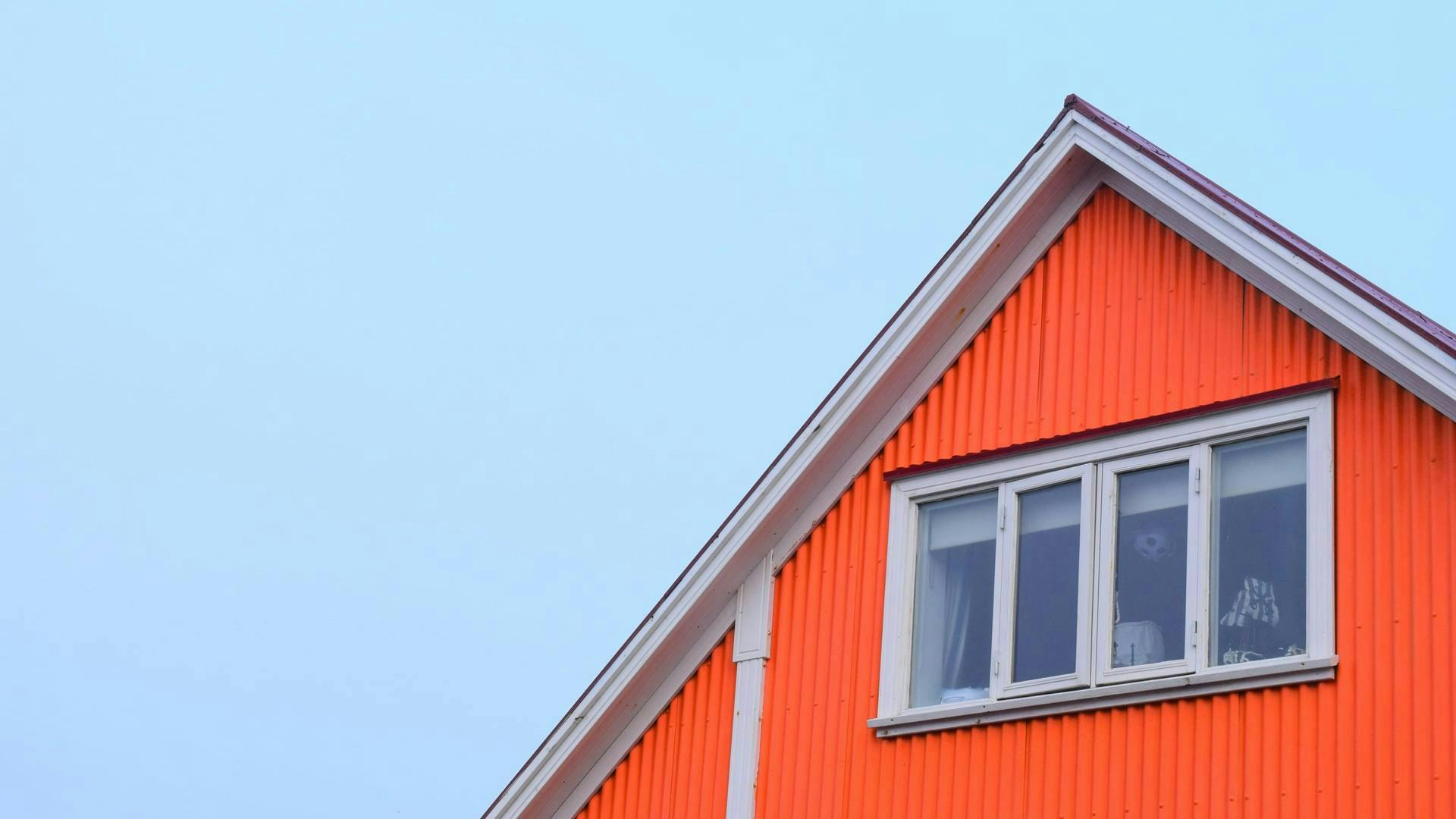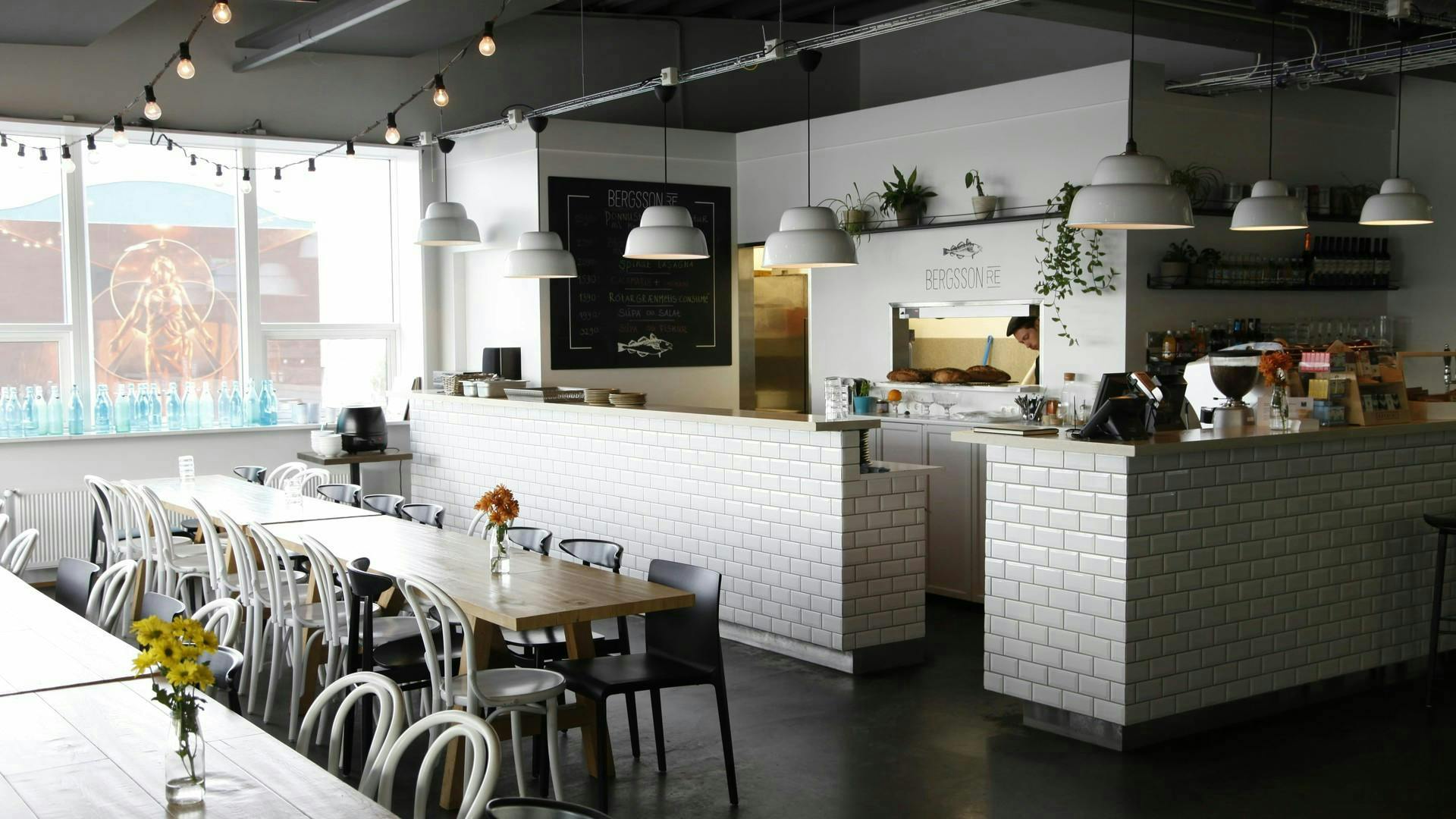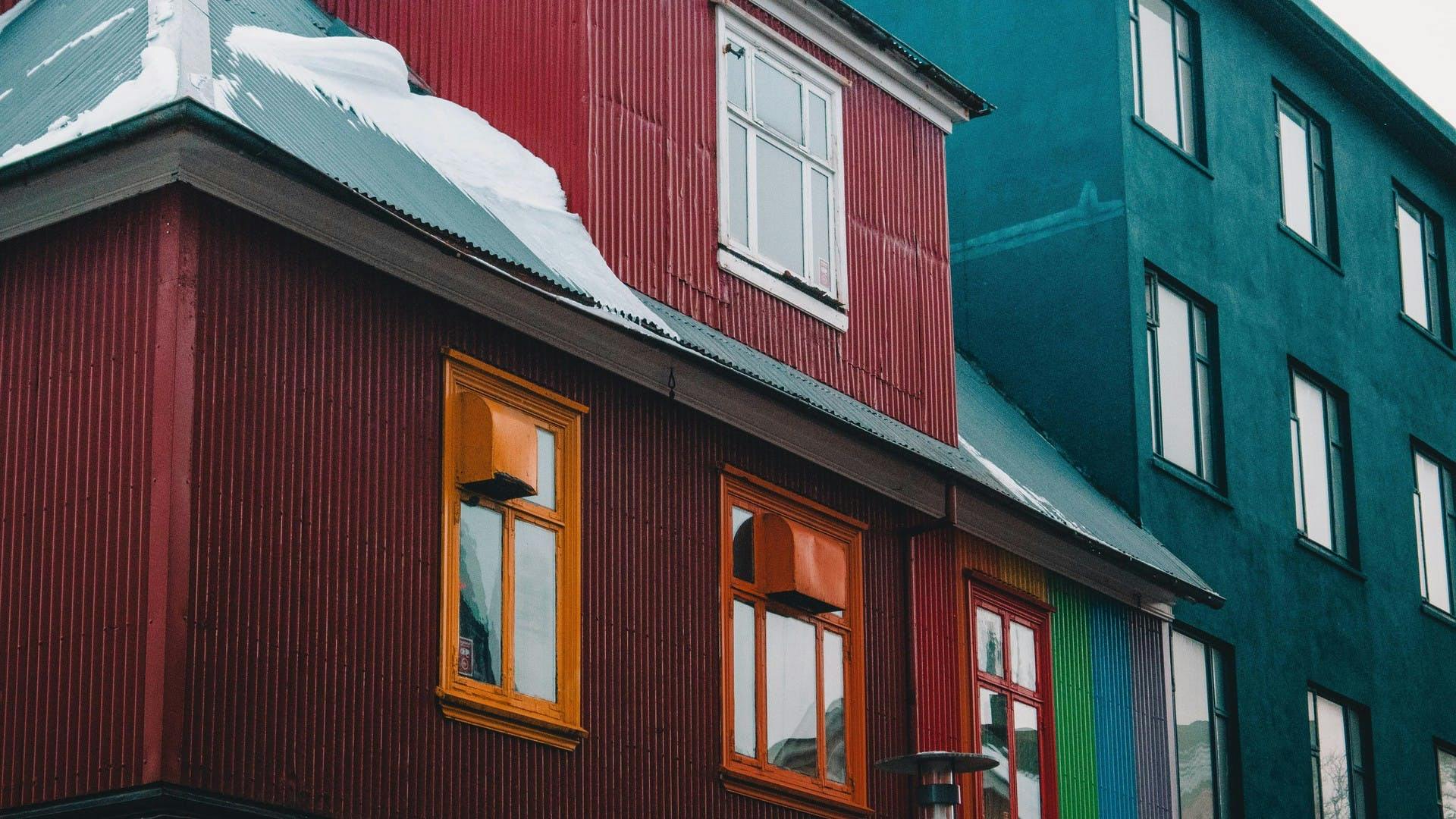"A tiny market in the middle of the Atlantic": Challenges to starting up in Reykjavik
ntrepreneurs and expats have flocked to the scenic island country of Iceland to sample the sights and simple way of life in its capital. But while Reykjavik’s ecosystem is growing, so too are the obstacles for startups, including a lack of workspaces and a less than ideal geographic location.
Reykjavik – the land of the midnight sun, the northern lights and the sulfurous Blue Lagoon – is home to some of the world’s most beautiful natural treasures, and is thus high on the travel agenda for many.
More than ten years since the 2008 financial crisis, Iceland is enjoying a period of financial revival. Technology, sustainable energy and tourism form the three main pillars of the Icelandic economy. The number of foreign visitors to the island country has quadrupled in recent years and its quality of life is among the highest in the world.
In 2017, however, 2.1 million tourists visited Iceland’s capital city, Reykjavik, outnumbering the locals by more than five to one. The surge in visitors caused the value of the Icelandic króna skyrocketed. This has consequently had an impact on the cost of living in Reykjavik, with housing and office space rental costs substantially higher than in other Nordic countries.

A classic Nordic house in Reykjavik. Photo: Unsplash/Joss Woodhead
Space and cost of living
The influx of tourists to Iceland’s capital city in the past few years has “created competition for available space,” Óli Örn Eiriksson, head of economic development for the city of Reykjavik, told Startup Guide. Consequently, one of the biggest challenges for companies starting up is finding housing, as well as office space.
The Reykjavik Grapevine, a local publication about life and culture in the Icelandic capital, reported last year that Iceland may be facing a housing crisis and that rapid property development will need to be underway by the end of 2019 in order to accommodate the growing number of visitors to the country.
Moreover, in terms of spaces accessible to startups, Óli says that Reykjavik doesn’t have a lot of “high-quality areas with good services that are walkable,” and that the ones that are available are “mostly concentrated around the downtown area,” which is less populated.
He adds that while the city has worked hard to create attractive spaces for new and expanding businesses, the best ones are highly competitive.
A factor that also can’t be ignored is Reykjavik’s high price tag. According to cost of living index, Expatistan. Iceland is the twelfth most expensive place to live in the world – an aspect of life in Reykjavik that may not be all that attractive to cash-strapped startups.
However, in an age where companies may only need a laptop to conduct business, there are ways for startups to keep costs down. Instead of spending time searching for office space that is consistently high in demand, companies can make use of the number of coworking initiatives available – some of which are sector specific.
The Ocean Cluster House, for example, is an organization that supports and houses marine-related startups, while the association Innovation Iceland runs several incubators in downtown Reykjavik.
Moreover, Óli says that the Icelandic capital is gradually undergoing an urban transformation, with many disused areas in Reykjavik being turned into places that support startups in their business ventures.
Innovation House is an example of an abandoned space that has been repurposed for startup activity. What was formerly a dull and old-fashioned cluster of offices is now a colorful coworking space for companies from software to tourism.
For startups looking to scale, and perhaps establish their own headquarters, Óli suggests contacting the city administration who can help companies find the right locations for their needs.
Size and geography
With a population of only just over 350,000, Iceland’s market size is small. For many startups with global ambition, the country is only a jumping-off point. Founders are content with using its small population as a test market, but once they have refined their offering, they often look to expand into new global territories.
This is certainly true for Joi Sigurosson, who founded Crankwheel, a screen-sharing solution for inside-sales teams, in Reykjavik in 2015. According to Joi, scaling up a business in Iceland can be challenging due to the limits of the country’s market reach.
“We’re a tiny market in the middle of the Atlantic Ocean, so obviously we’re not in as good a position as Silicon Valley, or London or New York,” he told Startup Guide.
While Joi likes Iceland for its simple regulatory environment and dynamic startup scene, he says that his company may need to look further afield in order to grow. “We will most likely keep our core development team in Iceland and scale our sales and marketing outside of it,” he says.

A coworking area and cafe in The Ocean Cluster House, an organization for marine-related startups. Reykjavik. Photo: Startup Guide
Comparing Reykjavik to Silicon Valley, the supposed mecca of entrepreneurial success, Hilmar Halldorsson, founder of trip planning service TripCreator, says that resources in Iceland can be limited. Moreover, being far away from the larger global market can really have an impact on a startup’s ability to launch their products worldwide.
“If we were a startup in Silicon Valley or Amsterdam, it would be totally different,” he says. “We’d be in the loop for everything, and have access to so many networking resources. Iceland is just a little too small.”
Testing and expanding
For this reason, Iceland is “not a good test market,” Hilmar says. Trialing an idea with such a small number of people can give the illusion that a product is cheap and easy to market and distribute. The reality is that marketing something on a global scale is entirely different.
“We test a lot of things here and we think they’re good, but it’s total bullshit,” he says. “It’s really easy to market something in Reykjavik; you can get something out there for a small amount of money – just a fraction of what you’d need in the larger world.”
According to Flosi Eiriksson, a manager and consultant at Promote Iceland who focuses on getting startups ready for international expansion, companies in Reykjavik often lack a “coherent strategy” when it comes to getting their products on to shelves in other countries.
He says that startups “often choose a market just because they know someone there or they’ve been there before,” unaware of whether that particular place is the right fit for their product.
If we were a startup in Silicon Valley or Amsterdam, it would be totally different... Iceland is just a little too small.
For startups in Reykjavik looking to expand overseas, Flosi advises doing thorough research and developing a long term plan. For example, it helps to identify the markets where your product will have the most potential.
It’s also important for a startup to be reasonable when thinking about how much demand for its product can be expected abroad. The company might be successful in Iceland’s small market, but its product might encounter unprecedented challenges and increased competition in other countries.
While Iceland’s small size may appear limiting for some startups, Sandra Mjoll Jonsdottir Buch, founder and CEO of biotech startup Platome, sees it as an advantage.
“I like the fact that the city isn’t so big,” she says, adding that the number of enthusiastic and energetic people in Reykjavik’s startup scene has helped her business tremendously.
“It wasn’t until we tapped into the local startup community that things really got going. It completely changed the game.”
Main photo: Unsplash/Nicholas J Leclercq

